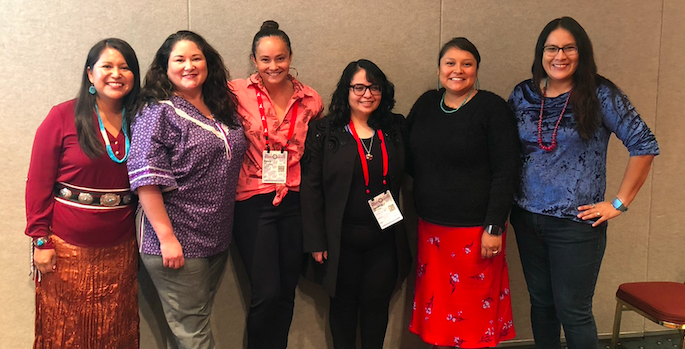A precision medicine approach to health disparities, the social contexts of caregiving, the global psyche and Indigenous perspectives on science are the topics of recent journal issues edited by Vanderbilt University faculty that touch on health and well-being.
Precision approaches to health disparities
In efforts to address health disparities, it is important to expand the notion of precision medicine beyond genetic and genomic approaches to healthcare. Because social and behavioral factors have a bigger influence on health disparities than genes, it is important to apply the principles of individualization, personalization and precision to public health and other intervention strategies to improve health and reduce health disparities, said Derek Griffith, professor of Medicine, Health and Society and director of the Center for Men’s Health. He and Consuelo Wilkins, executive director of the Meharry-Vanderbilt Alliance, have edited a supplemental issue of the journal Ethnicity and Disease, titled Precision Approaches to Health Disparities Research, which focuses on how a customized consideration of the unique social contexts that affect a patient’s health, such as socioeconomic pressures, discrimination and other influences, may help address health disparities.
The social context of caregiving work
Healthcare jobs are often physically and intellectually demanding, but they also take a high toll emotionally. It’s a field that requires a high degree of understanding and empathy, but no one is a bottomless well of compassion, and burnout, dissatisfaction and stress are real problems. A new special issue of Work and Occupations co-edited by Tim Vogus, Brownlee O. Currey, Jr., Professor of Management, called The Social Context of Caregiving Work in Healthcare: Pushing Conceptual and Methodological Frontiers, highlights new, more nuanced approaches to studying the emotional, psychological, and social considerations of providing healthcare.
The global psyche
The mental health field is dominated by American and European experts, and a common critique is that it imposes norms about mental health symptoms and treatments that don’t always align with all cultures. In a special issue of Medical Anthropology Quarterly titled The Global Psyche, Dominique Béhague and Kenneth MacLeish, both associate professors of Medicine, Health and Society, bring together an international cohort of interdisciplinary scholars to examine the cultural challenges and political conflicts that arise with the globalization of Western psychiatry. This collection features research conducted in Japan, Italy, Argentina, Kosovo, First Nations communities in Canada and various settings in which the United States’ post-9/11 wars have been waged. It is the outcome of two conferences sponsored by the Vanderbilt International Office, the Research Scholars Grant Office and the TIPs program.
Highlighting Indigenous science
The power and enduring knowledge of Indigenous science have long been muted in modern science despite its validity. In a first, the journal Human Biology has published a special issue dedicated to Indigenous science. Guest co-edited by Krystal Tsosie, a Diné (Navajo) Ph.D. student studying genomics and health disparities, the issue includes perspectives written, edited and peer-reviewed by Indigenous researchers on topics including a literature review of genetics research involving Diné people, the painful history of military experimentation on Indigenous lands and peoples, and the inadequacies of applying constructs of Western biomedical care in Indigenous communities. To encourage readership, the journal is releasing the issue for free and will be accessible on JSTOR and Project MUSE through July 2020. The special issue is the result of a 2019 session at the American Indian Science and Engineering Society National Conference titled “Indigenizing Science and Reasserting Indigeneity in Research.” Tsosie co-authored the issue’s introduction, titled “Indigenizing Science and Reasserting Indigeneity in Research.”
